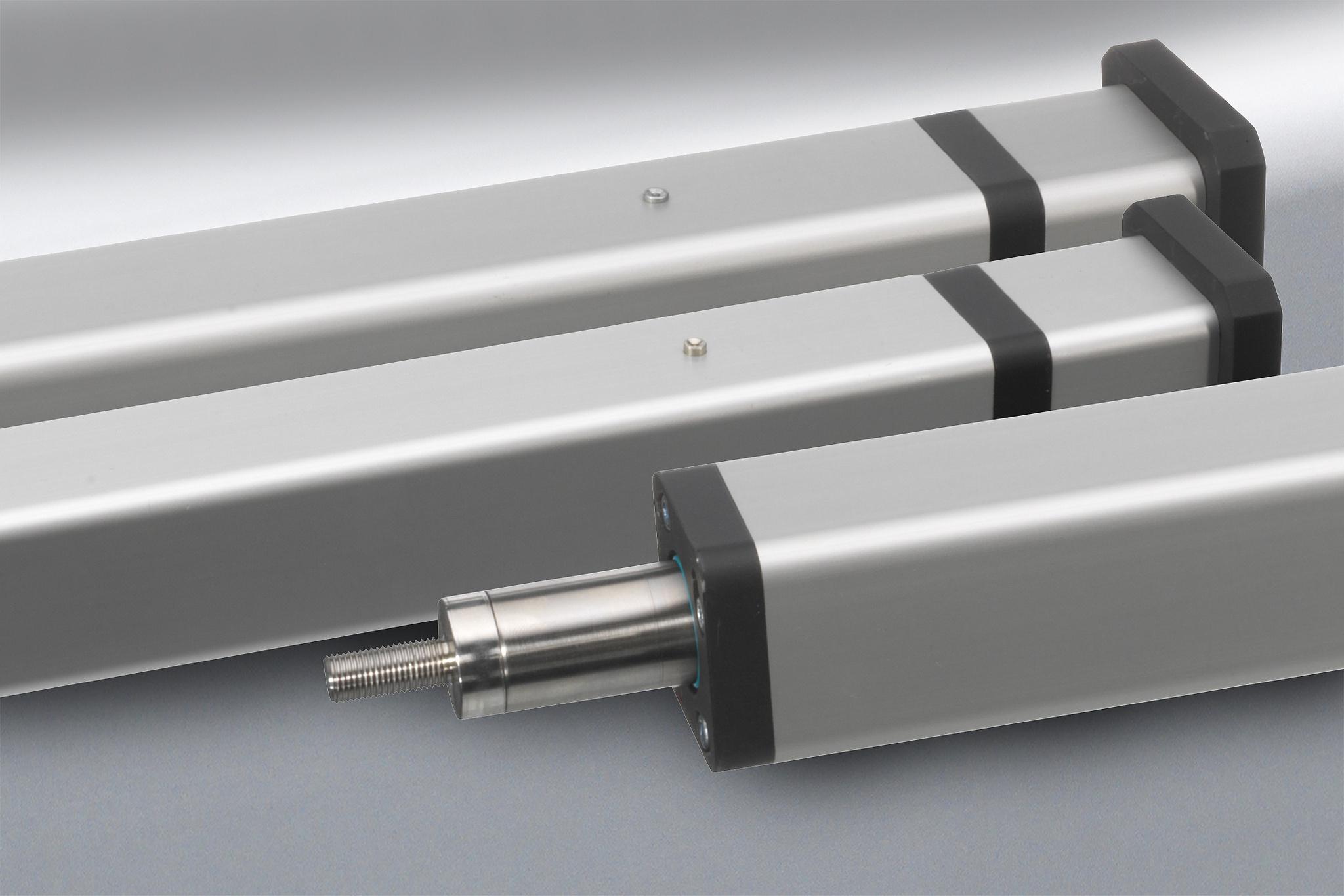In the ever-evolving landscape of digital infrastructure, businesses are continually seeking ways to optimize efficiency, scalability, and security while reducing costs. Amidst this pursuit, hybrid cloud solutions have emerged as a beacon of innovation, offering a potent blend of flexibility, performance, and control. As organizations navigate the complexities of modern IT ecosystems, understanding the trends shaping hybrid cloud solutions becomes imperative for staying competitive and resilient in today’s dynamic market.
The Evolution of Hybrid Cloud: From Concept to Reality
The concept of hybrid cloud, which seamlessly integrates private and public cloud environments, has transitioned from theory to practice. Initially viewed with skepticism due to concerns about interoperability and security, hybrid cloud solutions have matured to address these challenges effectively. Today, businesses are leveraging hybrid models to achieve a delicate balance between the scalability of public clouds and the control of private infrastructure.
Scalability and Elasticity: Meeting Dynamic Demands
One of the primary drivers behind the adoption of hybrid cloud solutions is the unparalleled scalability and elasticity they offer. In a digital ecosystem characterized by fluctuating workloads and unpredictable demands, the ability to seamlessly scale resources up or down is indispensable. Hybrid cloud environments empower organizations to augment their existing infrastructure with cloud-based resources, ensuring optimal performance and cost-efficiency even during peak periods.
Security and Compliance: Fortifying Defenses in a Connected World
As cyber threats proliferate and regulatory requirements become more stringent, security remains a paramount concern for businesses embracing hybrid cloud solutions. Contrary to initial apprehensions, hybrid environments enable organizations to implement robust security measures tailored to their specific needs. By leveraging a combination of on-premises controls and cloud-native security features, businesses can safeguard sensitive data and maintain compliance with industry regulations without compromising agility or innovation.
Edge Computing: Bringing Processing Power Closer to the Action
The proliferation of IoT devices and the emergence of real-time applications have fueled the rise of edge computing, a paradigm that extends the capabilities of hybrid cloud solutions to the network edge. By deploying computing resources closer to the point of data generation, organizations can reduce latency, enhance responsiveness, and unlock new possibilities for innovation. Hybrid cloud architectures facilitate seamless integration between centralized cloud infrastructure and distributed edge environments, enabling businesses to harness the full potential of edge computing without sacrificing scalability or reliability.
Multi-Cloud Orchestration: Navigating the Complexities of Interoperability
In a multi-cloud landscape characterized by diverse platforms and services, orchestrating workloads across different environments poses significant challenges. However, hybrid cloud solutions offer a unified framework for managing resources seamlessly across public and private clouds. Through advanced orchestration tools and automation capabilities, businesses can optimize performance, minimize vendor lock-in, and capitalize on the unique strengths of each cloud provider.
Hybrid Cloud Adoption: Overcoming Barriers to Entry
Despite the undeniable benefits of hybrid cloud solutions, barriers to adoption persist, ranging from organizational inertia to technical complexities. However, as businesses increasingly recognize the imperative of digital transformation, attitudes toward hybrid cloud are evolving. Strategic partnerships with experienced service providers, comprehensive training programs, and a culture of innovation are essential ingredients for overcoming resistance and realizing the full potential of hybrid cloud solutions.
The Future of Hybrid Cloud: Innovations on the Horizon
Looking ahead, the future of hybrid cloud is brimming with possibilities, driven by innovations in areas such as containerization, serverless computing, and artificial intelligence. By embracing emerging technologies and forging strategic alliances, businesses can unlock new avenues for growth, resilience, and differentiation in an increasingly competitive landscape.
Conclusion
In conclusion, hybrid cloud solutions represent a paradigm shift in the way organizations conceptualize and manage their IT infrastructure. By blending the best of both worlds – the scalability of public clouds and the control of private environments – hybrid cloud solutions empower businesses to navigate the complexities of the digital age with confidence and agility. As the landscape continues to evolve, staying abreast of emerging trends and leveraging innovative technologies will be key to unlocking the full potential of hybrid cloud solutions and driving sustainable success in the years to come.
ChatGPT can make mistakes. Consider checking important information.






